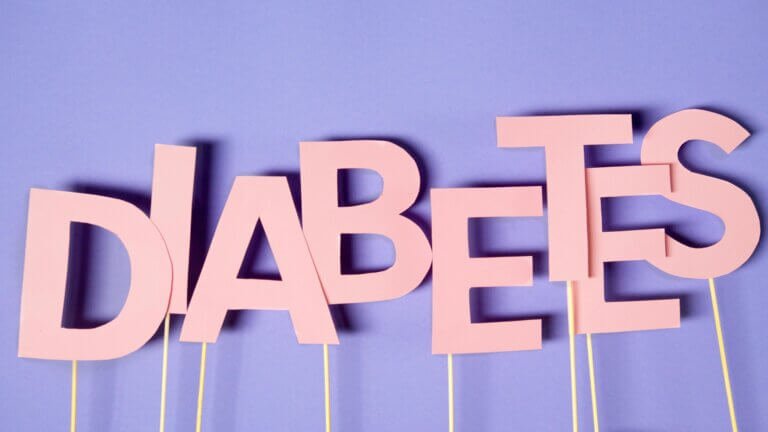Diet for Elderly Diabetes Patients
When it comes to managing diabetes in elderly individuals, the importance of a well-thought-out diet plan cannot be overstated. Ensuring a balanced intake of nutrients and managing portion sizes are key elements in maintaining stable blood sugar levels.
But have you considered the impact of specific food choices on managing diabetes in the elderly? Let’s take a closer look at how nutrient-dense foods, carbohydrate intake, hydration, and supplements play a crucial role in supporting the health of elderly diabetic patients.
Importance of Balanced Meals
Ensuring that your meals are balanced is crucial for managing diabetes effectively. A balanced diet helps regulate blood sugar levels and provides essential nutrients for your overall health. When planning your meals, focus on incorporating a variety of food groups such as fruits, vegetables, whole grains, lean proteins, and healthy fats. These components work together to keep your blood sugar stable throughout the day.
Make sure to include high-fiber foods like beans, legumes, and whole grains in your meals to help slow down the absorption of sugar and improve digestion. Additionally, lean proteins like chicken, fish, and tofu can help you feel full and satisfied without causing spikes in your blood sugar levels.
Don’t forget about healthy fats from sources like avocados, nuts, and olive oil, which are important for heart health and can help manage blood sugar.
Portion Control Strategies
To effectively manage your diabetes, implementing portion control strategies is essential. Controlling portion sizes can help regulate blood sugar levels and manage weight, both crucial factors for diabetic patients.
Start by using smaller plates to visually trick your mind into thinking you’re eating more. Be mindful of serving sizes listed on food packaging, and consider using measuring cups or a food scale until you can estimate portions accurately.
Dividing your plate with the plate method can also guide you in creating balanced meals: fill half your plate with non-starchy vegetables, one-quarter with lean protein, and one-quarter with whole grains or starchy vegetables.
Avoid mindless eating in front of the TV or computer, as distractions can lead to overeating. Additionally, try eating slowly and savoring each bite to give your body time to register fullness.
Nutrient-Dense Food Choices
For elderly diabetic patients, making nutrient-dense food choices is crucial for managing blood sugar levels and overall health. Opting for nutrient-dense foods means selecting items that are rich in vitamins, minerals, fiber, and other essential nutrients without excessive calories. These choices can help regulate blood sugar levels more effectively while providing the necessary nutrients for maintaining optimal health.
To make nutrient-dense choices, focus on whole foods like fruits, vegetables, lean proteins, whole grains, and healthy fats. Incorporating a variety of colorful fruits and vegetables into your meals can ensure a diverse intake of essential nutrients. Choosing lean proteins such as skinless poultry, fish, tofu, or legumes can provide vital nutrients without excess saturated fats. Whole grains like quinoa, brown rice, or whole-wheat bread offer fiber and essential nutrients to support overall health.
Managing Carbohydrate Intake
Focus on balancing your carbohydrate intake to effectively manage your blood sugar levels as an elderly diabetic patient. Carbohydrates directly impact your blood sugar, so it’s crucial to choose wisely. Opt for complex carbohydrates like whole grains, fruits, vegetables, and legumes over simple sugars. These complex carbs are rich in fiber, which slows down digestion and helps prevent spikes in blood sugar levels. Be mindful of portion sizes to control your carbohydrate intake throughout the day.
When planning your meals, aim to distribute your carbohydrate consumption evenly across breakfast, lunch, and dinner. This can help maintain stable blood sugar levels throughout the day. Consider consulting with a dietitian to create a personalized carbohydrate management plan tailored to your specific dietary needs and preferences. Monitoring your blood sugar levels regularly can also provide valuable insights into how different foods affect your body.
Hydration and Dietary Supplements
Balancing your carbohydrate intake is essential for managing your blood sugar levels as an elderly diabetic patient. Now, let’s address the importance of proper hydration and the role of dietary supplements in your overall dietary plan.
Staying hydrated is crucial for everyone, especially for diabetic individuals. Water helps regulate blood sugar levels, aids in digestion, and supports kidney function. As an elderly diabetic, be mindful of your fluid intake to prevent dehydration, which can lead to complications like high blood sugar levels and urinary tract infections. Aim to drink at least 8-10 cups of water daily and consider incorporating hydrating foods such as cucumbers, watermelon, and soups into your meals.
Dietary supplements can be beneficial in filling nutrient gaps that may arise due to dietary restrictions or aging. Consult with your healthcare provider before taking any supplements to ensure they align with your specific health needs. Common supplements for elderly diabetic patients may include vitamin D, omega-3 fatty acids, and magnesium. Remember that supplements should complement a healthy diet and not replace nutritious foods.
Conclusion
So, after following these diet guidelines for elderly diabetic patients, you’ll be well on your way to a healthier lifestyle.
It may seem like a lot of effort, but just remember – nothing tastes as good as being healthy feels.
Keep up the good work, and soon enough you’ll be enjoying the sweet taste of victory over diabetes.
Keep pushing forward, because the only thing sweeter than dessert is a life without health complications.






